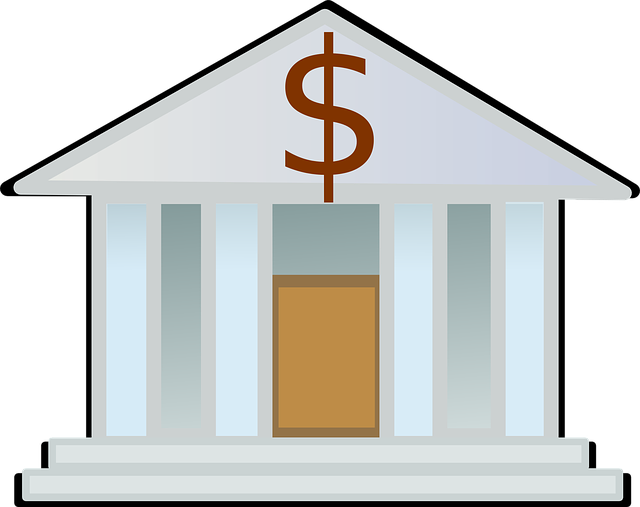Understanding Compensatory Damages that Allow Granting of Car Accident Loans
- Neville Gabby
- 0 comment
- December 14, 2023
 The web page https://pcfmoney.com/financial-assistance-after-a-car-accident contains information about providers of immediate legal funding for victims incapacitated by a vehicular mishap. Although expecting a car accident settlement, family members like a spouse, child or parent of an automobile accident victim can avail a lawsuit loan from a lawsuit loan company willing to pay the settlement proceeds in advance.
The web page https://pcfmoney.com/financial-assistance-after-a-car-accident contains information about providers of immediate legal funding for victims incapacitated by a vehicular mishap. Although expecting a car accident settlement, family members like a spouse, child or parent of an automobile accident victim can avail a lawsuit loan from a lawsuit loan company willing to pay the settlement proceeds in advance.
Generally, a lawsuit loan provider can do so, in as fast as 24 hours after processing; whilst applying a low interest rate and rendering the best customer service care. Approval can be quick because applying for a lawsuit loan does not call for positive background checks, high credit scores or payment of high-end legal fees.
The spouse, parent or child of an auto accident victim no longer has to feel apprehensive over the amount of bills that has been mounting faster than the speed by which the auto accident claim is being processed.
It’s important to secure the services of a reputable lawsuit lending company to ensure that a car accident loan is being accessed rather than being claimed as settlement of a personal injury lawsuit.
Three Types of Damages Determining the Eligibility of a Personal Injury Victim to Claim Pre Settlement
 There are different types of damages arising as outcomes of a personal injury case; namely punitive, non-economic and economic damages. They are collectively known as compensatory damages, which the court presiding over the personal injury lawsuit hearings will award upon conclusion of the automobile accident lawsuit.
There are different types of damages arising as outcomes of a personal injury case; namely punitive, non-economic and economic damages. They are collectively known as compensatory damages, which the court presiding over the personal injury lawsuit hearings will award upon conclusion of the automobile accident lawsuit.
Punitive Damages
Punitive damages the least common type awarded by courts. Mainly because the purpose of imposing this type of damage is to punish the defendant and not necessarily to reimburse the victim or his beneficiaries for the losses suffered as a result of the defendant’s malicious bad behaviour, misconduct or malpractice.
Non-Economic Damages
Depending on the merits of the case, a court would award non-economic damages based on intangible injuries or losses. Non-economic injuries may include
Severe and chronic pain caused by physical trauma;
Mental health issues and emotional breakdowns.
Loss of functions and impaired mobility caused by the physical injuries.
Scarring and other post traumatic disorders that came about as a result of the injuries sustained.
Depression and mental anguish over a diminished quality of life, such as not experiencing enjoyment or constant inconvenience.
Economic Damages
Economic Damages are best described as the cash expenses that the victim incurs and will continue to incur while confined in a hospital for treatment .Some examples of economic damages that a victim or beneficiary can claim by way of a personal injury loan include but are not limited to the following:
Loss of income including lost benefits and backpays that could have been claimed while working;
Damage to personal property, which in car crash accident lawsuits from which the victim sustained injuries, refers to the damaged vehicle.
Payment of compensation to people who are being hired to help in the upkeep of the victim’s home and in helping the victim’s children cope with the adverse situation caused by the accident.




